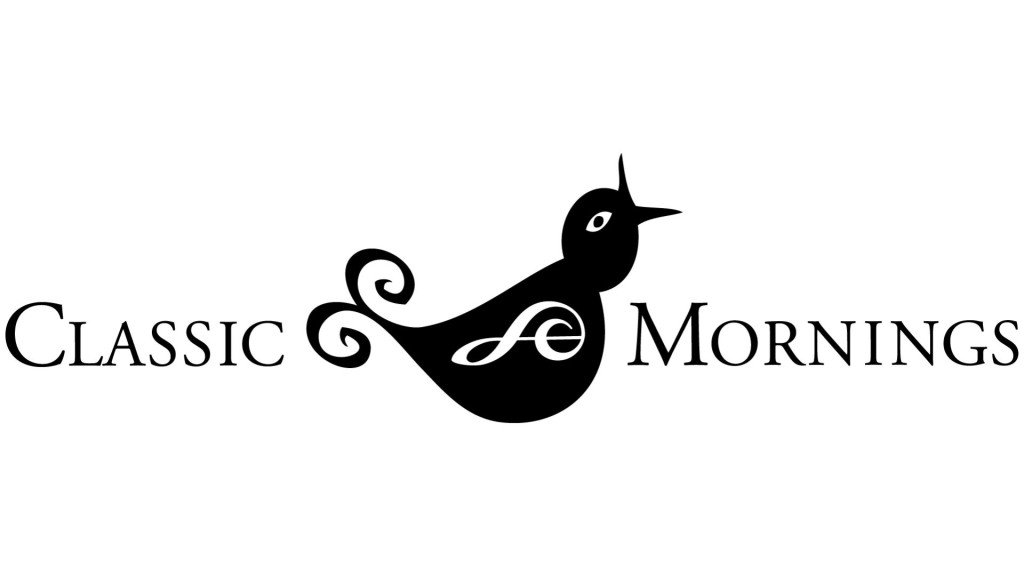Tales of Two Londons

It was a good time to travel. On Classic Mornings, just before the arrival of autumn, we visited 18th century London with a French tour group. Those folks don’t have to worry about brushing up on their English. La Rêvuse has specialized in the universal language of “Early Music” for nearly 20 years.
The ensemble has just recorded a collection titled: London circa 1740 (Harmonia Mundi 902613). In the accompanying notes, Florence Bolton, like a tour guide, mentions the struggles taking place within the royal family at the time, the changes in musical tastes, and the growth of audiences to include more of the common people.
Included on the CD is music by some of George Frideric Handel’s musicians. Giuseppe Samartini was principal oboe in Handel’s opera orchestra. His famous recorder concerto features Sébastien Marq, who is a standout among the members of La Rêvuse. The group’s name means: “The Dreamer.” It was founded by the viola da gamba player: Florence Bolton and the lute and theorbo player: Benjamin Perrot.
Bolton explains that composers turned to a variety of musical influences in order to catch the attention of the expanding audiences. Scottish music had not been well received in London. Yet some Italian musicians, who were not pleased with London, made their way to Edinburgh and became fond of Scots tunes. They tried to arrange some of those in the Italian trio sonata style – “badly,” according to Bolton. But Scottish composer James Oswald was more successful, replacing fiddle and lute with violin and flute. There’s a delightful sonata by Oswald from a 1740 publication known as A Curious Collection of Scots Tunes. Oswald also published a collection of individual Scots tunes arranged in trio sonata style. It’s titled The Caledonian Pocketbook Companion. I was excited about playing one of those selections at the outset of one of our Classic Mornings. The tune is known as “Up in the Morning Early.”
Just as we were enjoying the atmosphere of mid-18th century London, it’s as though we walked around a street corner and found ourselves in London of the 20th and 21st centuries, thanks to another new recording. It features violinist Simon Blendis. He’s been the concertmaster of the London Mozart Players since 2014 as well as a soloist and teacher.
Years ago, he acquired the violin of Max Jaffa (1911-1991), who was born in London. Jaffa was the most famous light music violinist of his time. He played for silent films from the time he was 14. And he went on to be the leader of famous hotel orchestras, including the Palm Court Orchestra at the Grand Hotel in Eastbourne, a resort town on the southeast coast of England. That orchestra was featured regularly on BBC Radio. Jaffa became a member of the BBC’s London Studio Players, and he formed the Max Jaffa Trio with pianist Jack Byfield and cellist Reginald Kilbey. In later years, he gave concerts on international cruises.
Jaffa’s family presented Simon Blendis with the late violinist’s sheet music library, reuniting it with his violin. Blendis notes that during the 2020 lockdown, he and his wife, pianist Saoko Blendis, spent a bit of time playing through Jaffa’s collection, and presenting some online recitals. Recently, they decided to make a recording of 25 of the pieces (Nimbus Alliance 6428) .
I introduced it by playing the violin and piano arrangements of Stephen Foster’s “Jeannie With the Light Brown Hair” and the song “Fascination.” Simon Blendis explains that “Fascination” was written as a work for solo piano in 1904 by the Italian composer and songwriter Fermo Dante Marchetti (1876-1940). He was a violinist as well, and played at the Élysée Palace Music Hall in Paris. I had never heard the composer’s name before. But I know the song. According to Blendis, the lyrics, written by Maurice de Feraudy, were added a year later. Feraudy was a songwriter, actor, and director.
Simon Blendis points out that he didn’t intend to re-create Jaffa’s playing. He claims there are enough Jaffa recordings available. He and Saoko just wanted to provide a window to the past with salon music from an earlier era, played on an instrument that was a part of that era.
It’s not as though the trip ended there. We’ll visit those recordings from time to time, along with so many more that allow us to take flights to so many musical places of the recent and distant past. One nice thing about the travelling we do on Classsic Mornings is that we pack light. We bring along only our listening and imagination. OK, the stories I share with the music are carry-ons.
Join us for Classic Mornings, Monday through Friday from 9-noon on FM 90.9 or online at will.illinois.edu. And you don’t have to worry about arriving a few hours early.
